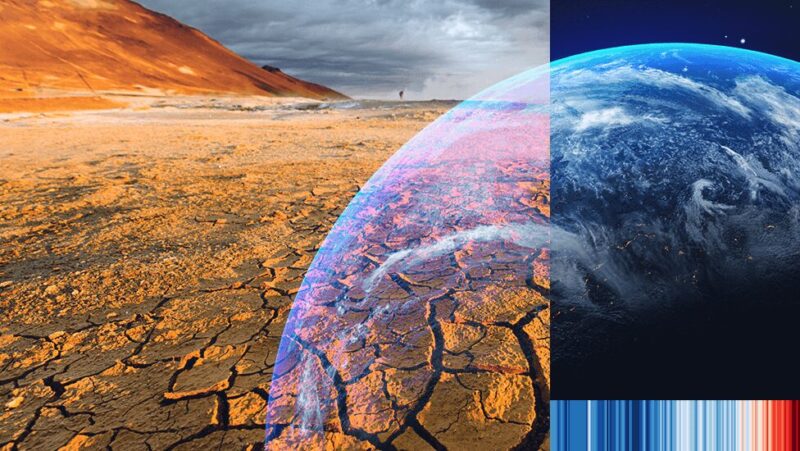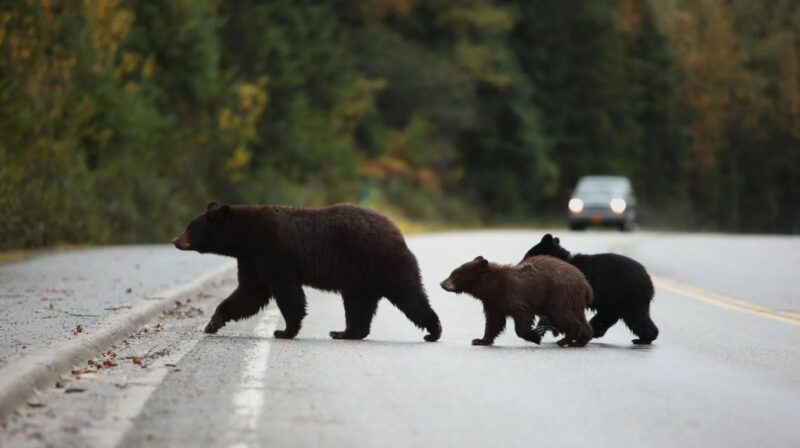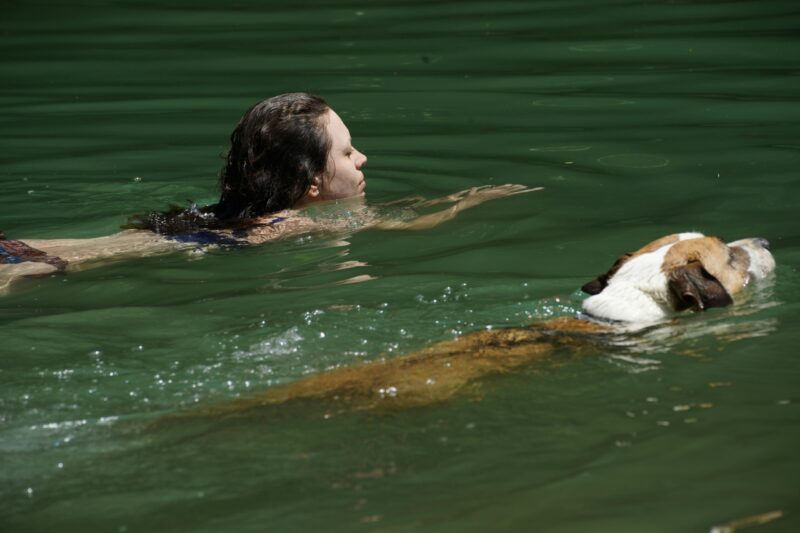Climate change, a multifaceted behemoth of an issue, casts a long shadow over our planet and the generations yet to come. It’s a puzzle that demands our utmost attention and understanding. Yet, it’s also a subject that has been entangled in a web of controversy and misinformation. Amidst the cacophony of voices in this discourse, a distinct group stands out – the climate deniers, individuals who challenge the scientific consensus on climate change.
These climate contrarians hail from diverse walks of life, spanning the realms of politics, media, and even science. Their beliefs range from outright denial of climate change to a grudging acceptance of its occurrence, albeit with a twist. They argue that it’s not a byproduct of human activities or that its impacts are overblown. In this article, we’ll journey into the minds of eleven such prominent climate deniers, exploring their views and the influence they wield.
Let’s be clear – the term “climate denier” isn’t a label meant to stigmatize or discredit these individuals. Instead, it’s a descriptor for a unique perspective on climate change. It’s a perspective that stands in stark contrast to the overwhelming scientific consensus, which asserts that climate change is a reality, primarily a result of human activities, and a formidable threat to our planet and society. Buckle up, as we embark on this enlightening journey into the world of climate denial.
1. Sen. James Inhofe
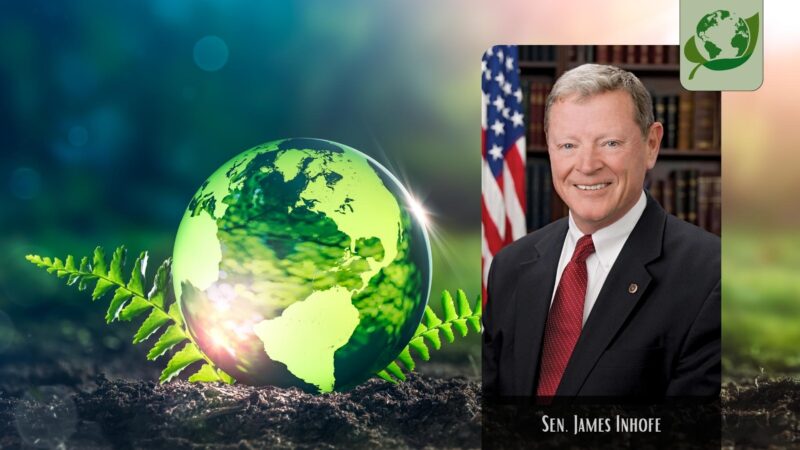
Sen. James Inhofe, a Republican from Oklahoma, is perhaps one of the most well-known climate deniers in the U.S. Congress. He famously brought a snowball to the Senate floor in 2015 to argue that global warming was a hoax because it was still cold outside. This simplistic understanding of climate change ignores the difference between weather and climate and the fact that global warming refers to long-term trends, not individual weather events.
Inhofe has consistently voted against environmental regulations and has expressed skepticism about the scientific consensus on climate change. He has also written a book titled “The Greatest Hoax: How the Global Warming Conspiracy Threatens Your Future” in which he argues that climate change is a conspiracy designed to limit American sovereignty and economic growth.
Despite his views, Inhofe has held influential positions, including chairing the Senate Committee on Environment and Public Works. His stance on climate change has had significant implications for U.S. climate policy, particularly during periods when the Republican Party controlled the Senate.
2. Marc Morano
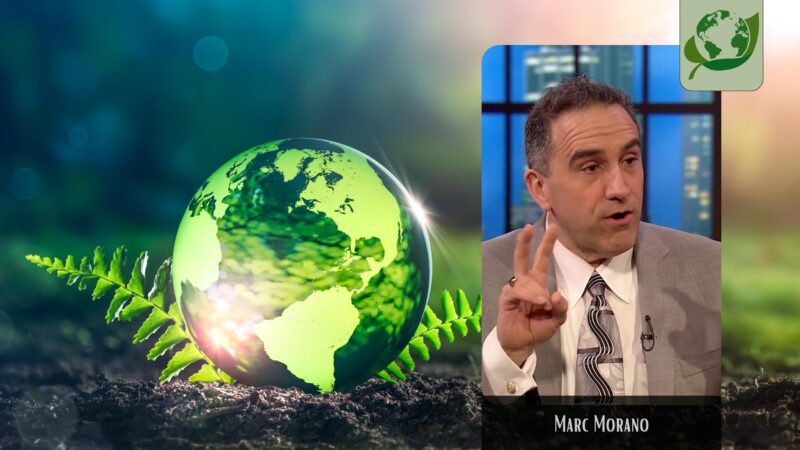
Marc Morano is a former Republican political aide who has become one of the most vocal climate deniers in the media. He is the founder and executive editor of Climate Depot, a website that frequently publishes articles questioning the reality and severity of climate change.
Morano has a knack for generating controversy and drawing attention to his views. He has appeared on numerous television programs, where he often engages in heated debates with climate scientists and advocates. His confrontational style and ability to simplify complex issues have made him a prominent figure in the climate denial movement.
Despite his lack of formal scientific training, Morano’s influence in shaping public opinion on climate change is significant. His website and media appearances reach a wide audience, spreading misinformation and fostering doubt about the scientific consensus on climate change.
3. Chris Horner
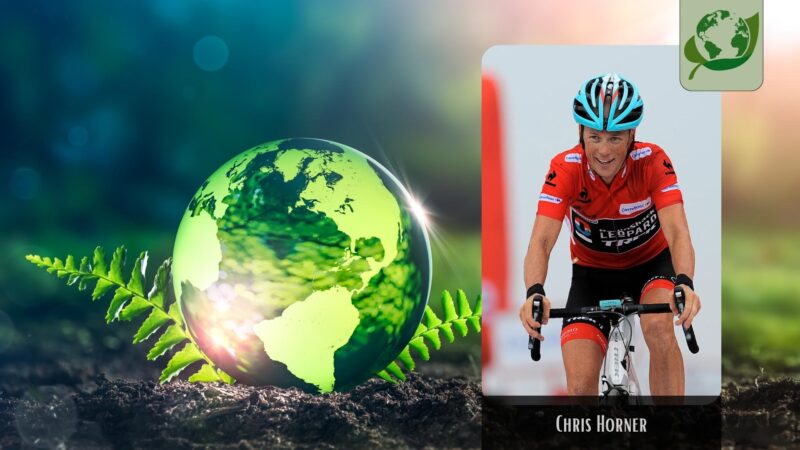
Chris Horner is a lawyer and author who has spent much of his career challenging the scientific consensus on climate change. He has been affiliated with several conservative think tanks, including the Competitive Enterprise Institute (CEI) and the American Tradition Institute.
Horner has used his legal expertise to challenge climate science and policy. He has filed numerous Freedom of Information Act requests to obtain the emails of climate scientists, in an attempt to uncover evidence of misconduct or conspiracy. These tactics have been criticized for harassing scientists and diverting resources away from research.
In addition to his legal activities, Horner has written several books that question the validity of climate science and criticize environmental regulations. His work has been influential in shaping the discourse around climate change, particularly within conservative circles.
4. Myron Ebell
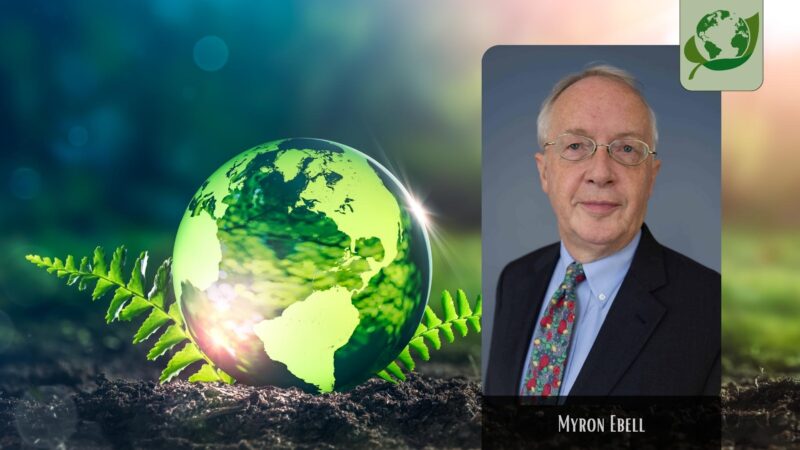
Myron Ebell is a well-known climate denier who has played a significant role in shaping U.S. climate policy. He is the director of the Center for Energy and Environment at the Competitive Enterprise Institute, a conservative think tank that has been influential in promoting climate denial.
Ebell has consistently challenged the scientific consensus on climate change, arguing that it is based on flawed models and data. He has also been a vocal critic of environmental regulations, arguing that they harm the economy and limit individual freedom.
Perhaps most notably, Ebell was appointed to lead the Environmental Protection Agency’s transition team after the election of President Donald Trump. This appointment gave him significant influence over U.S. environmental policy, including policies related to climate change.
5. Steve Milloy
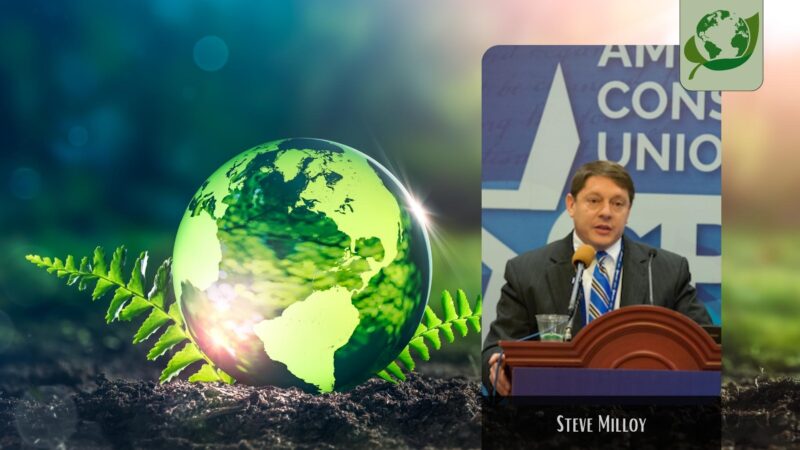
Steve Milloy is a lawyer and biostatistician who has spent much of his career challenging the scientific consensus on various health and environmental issues, including climate change. He is the founder of JunkScience.com, a website that criticizes what he perceives as flawed scientific research.
Milloy’s critiques of climate science often focus on the reliability of climate models and the validity of the data used to support the consensus on climate change. He has also argued that environmental regulations based on this science are unnecessary and harmful to the economy.
Despite his lack of formal training in climate science, Milloy’s views have been widely disseminated through his website and media appearances. His influence in the climate denial movement has been significant, particularly in shaping public opinion and discourse around climate change.
6. Patrick Michaels
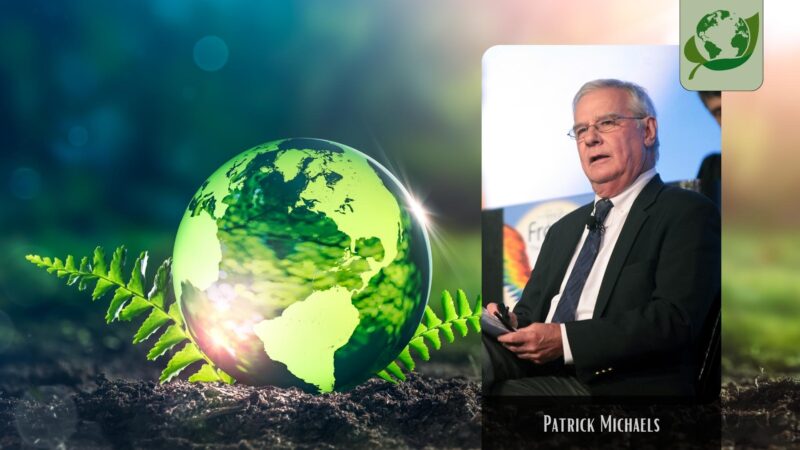
Patrick Michaels is a climatologist who has been a prominent voice in the climate denial movement. He has held positions at several conservative think tanks, including the Cato Institute and the Competitive Enterprise Institute, and has written numerous articles and books challenging the scientific consensus on climate change.
Michaels’ arguments often focus on the uncertainty inherent in climate models and the potential for these models to overestimate the impacts of climate change. He has also argued that the benefits of a warmer climate, such as increased agricultural productivity, are often overlooked.
While Michaels’ views are outside the mainstream of climate science, they have been influential in shaping the discourse around climate change. His credentials as a climatologist lend credibility to his arguments, making them particularly persuasive to some audiences.
7. Bjørn Lomborg

Bjørn Lomborg, a Danish political scientist, is a controversial figure in the climate debate. While he accepts that climate change is real and caused by human activities, he argues that the costs of mitigating climate change outweigh the benefits and that resources would be better spent on other global issues.
Lomborg’s views have been widely disseminated through his books, such as “The Skeptical Environmentalist” and “Cool It,” and his think tank, the Copenhagen Consensus Center. His work has been influential in shaping public opinion and policy discussions around climate change, particularly in terms of prioritizing other global issues over climate action.
Despite his influence, Lomborg’s views have been criticized by many climate scientists and economists. They argue that his cost-benefit analyses of climate action are flawed and that his approach underestimates the risks and impacts of climate change.
8. Matt Ridley
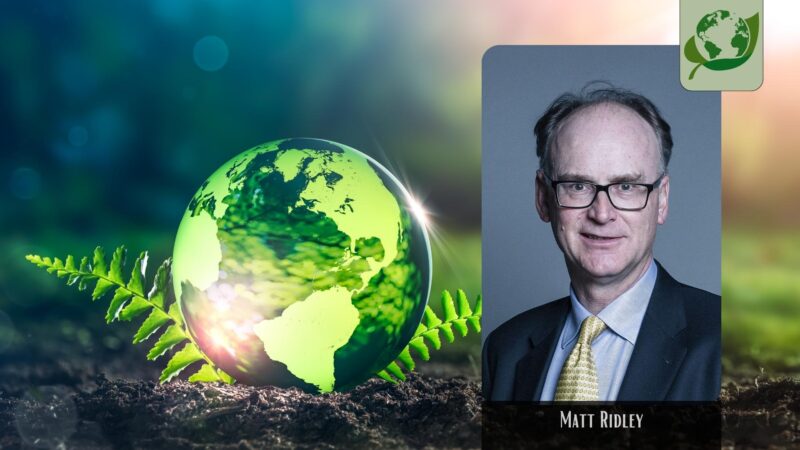
Matt Ridley is a British journalist and author who has written extensively on science and environmental issues. While he acknowledges that climate change is happening and is partly caused by human activities, he argues that its impacts will not be as severe as predicted and that humanity will be able to adapt.
Ridley’s views have been widely disseminated through his books, such as “The Rational Optimist” and his columns in The Times. His work has been influential in shaping public opinion and discourse around climate change, particularly in terms of promoting a more optimistic view of humanity’s ability to adapt to a changing climate.
Despite his influence, Ridley’s views have been criticized by many climate scientists. They argue that his optimistic outlook underestimates the risks and challenges associated with climate change and could lead to complacency in addressing this critical issue.
9. Christopher Monckton
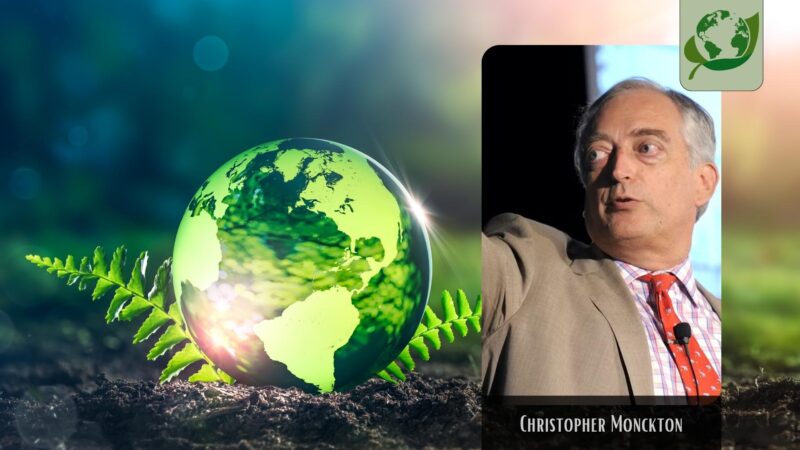
Christopher Monckton, a British hereditary peer, is a prominent climate denier who has been influential in shaping public opinion and discourse around climate change. He has written numerous articles and given many public talks challenging the scientific consensus on climate change.
Monckton’s arguments often focus on the uncertainty inherent in climate models and the potential for these models to overestimate the impacts of climate change. He has also argued that climate change is a hoax perpetrated by scientists and politicians to gain power and control.
Despite his lack of formal scientific training, Monckton’s views have been widely disseminated and have had a significant influence on the climate denial movement. His credentials as a member of the British aristocracy and his eloquent speaking style have made his arguments particularly persuasive to some audiences.
10. Fred Singer
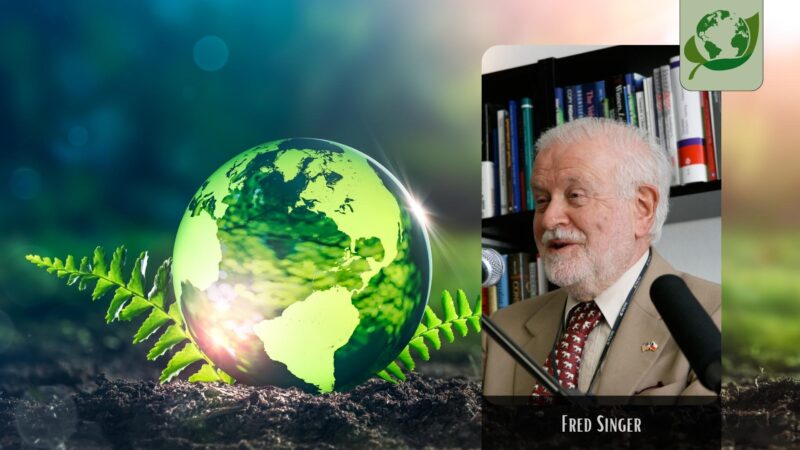
Fred Singer is a physicist who has been a prominent voice in the climate denial movement. He is the founder of the Science and Environmental Policy Project, a think tank that has been influential in promoting climate denial.
Singer has consistently challenged the scientific consensus on climate change, arguing that it is based on flawed models and data. He has also been a vocal critic of environmental regulations, arguing that they are unnecessary and harmful to the economy.
Despite his credentials as a physicist, Singer’s views on climate change are outside the mainstream of climate science. However, his influence in the climate denial movement has been significant, particularly in shaping public opinion and discourse around climate change.
11. Roy Spencer

Roy Spencer is a climatologist who has been a prominent voice in the climate denial movement. He is a former NASA scientist and currently a principal research scientist at the University of Alabama in Huntsville.
Spencer’s arguments often focus on the role of natural variability in climate change and the potential for climate models to overestimate the impacts of human-induced climate change. He has also argued that the benefits of a warmer climate, such as increased agricultural productivity, are often overlooked.
While Spencer’s views are outside the mainstream of climate science, his credentials as a climatologist lend credibility to his arguments. His influence in the climate denial movement has been significant, particularly in shaping public opinion and discourse around climate change.
Final Words
Understanding the views and influence of these climate deniers is crucial for navigating the complex discourse around climate change. While their views contradict the overwhelming scientific consensus, they have been influential in shaping public opinion and policy discussions.
However, it’s important to approach these views with a critical eye and to consider the broader scientific consensus on climate change. The reality is that climate change is a pressing issue that requires urgent action, and the stakes are too high to be swayed by misinformation or unfounded skepticism.
Related Posts:
- Methane - The Ticking Time Bomb: A Key to Climate…
- 10 Climate Change Movies To Watch in 2024: Lights,…
- Difference Between Male and Female Bald Eagles:…
- Can Crocodiles Feel Pain? - Truth Revealed
- How Fast Can A Black Bear Run? Surprising Swiftness Revealed
- Dog Breeds on B: Top 42 Most Popular Types - From…


